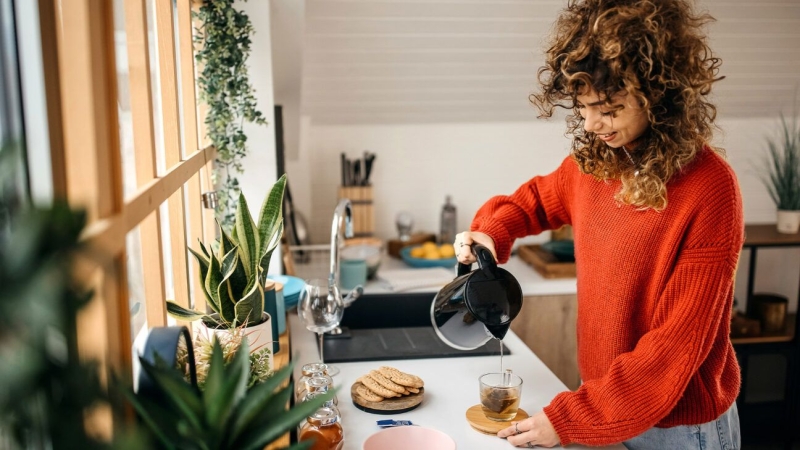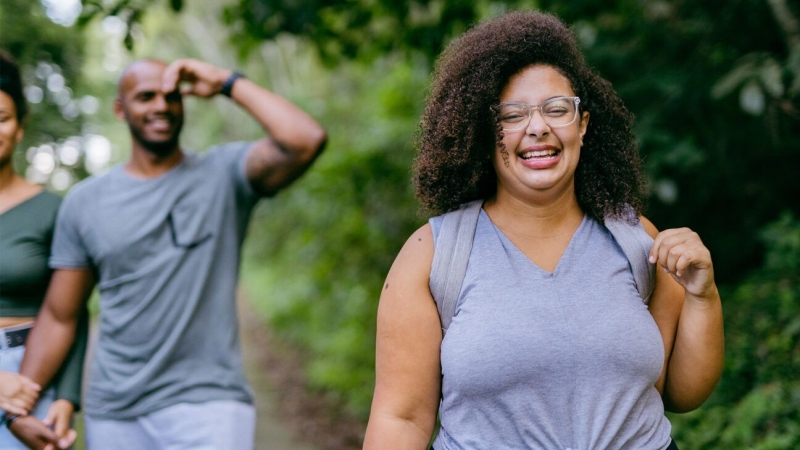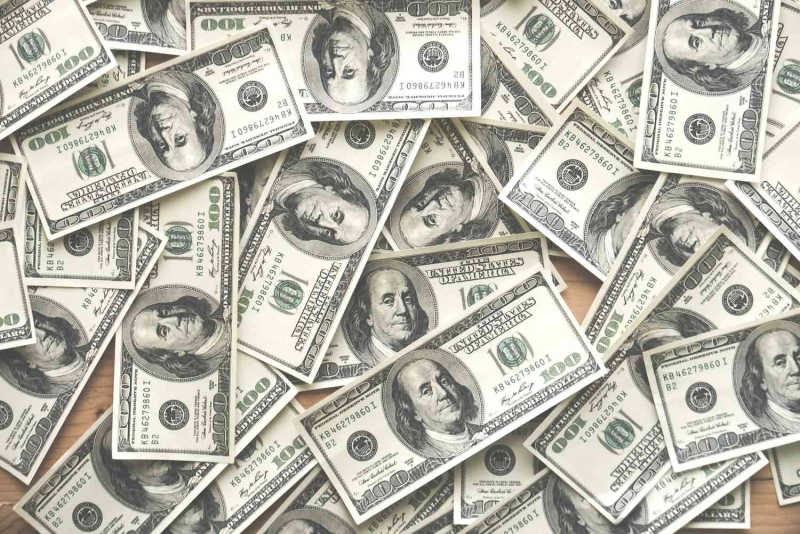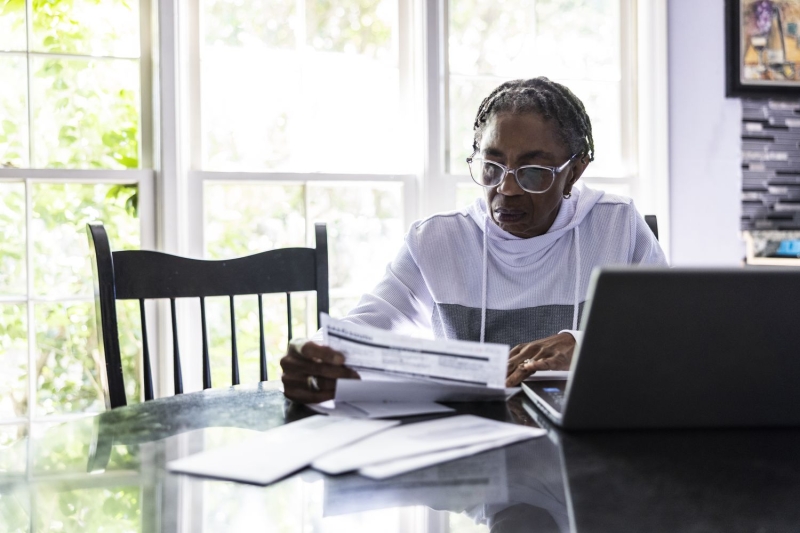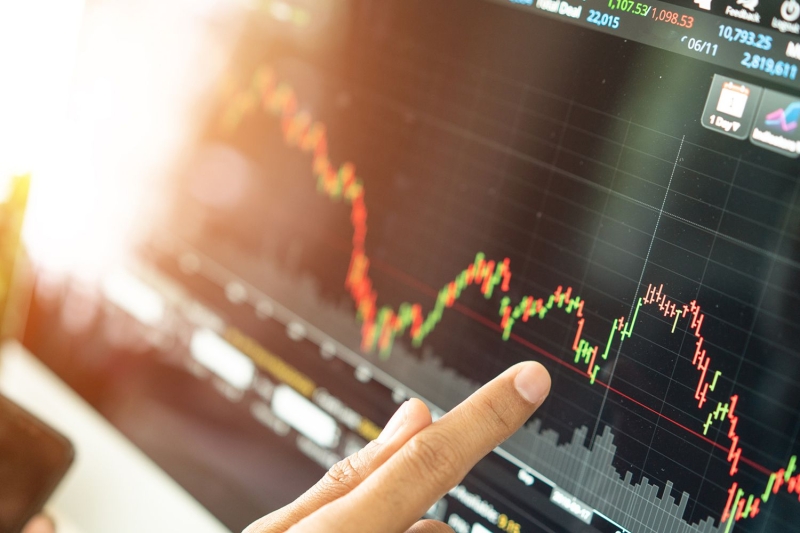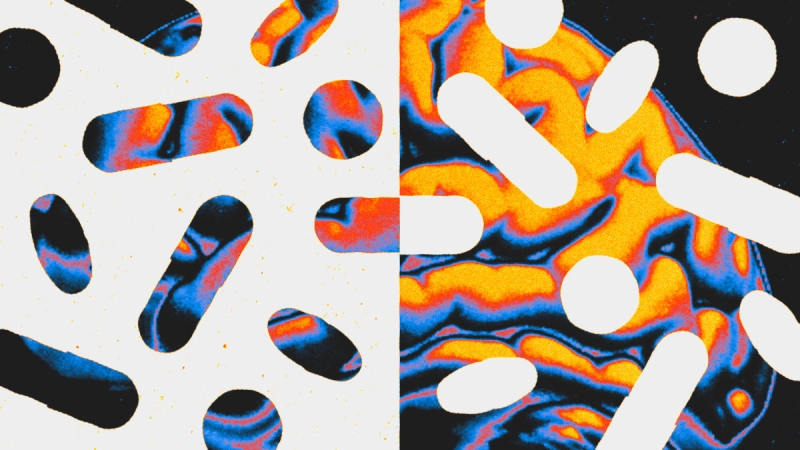
Recently, a team of researchers set out to study the antidepressant effects of ketamine — and stumbled upon a medical phenomenon.
The double-blind study at Stanford’s School of Medicine recruited patients undergoing planned surgery, who also suffered from depression. All agreed to receive ketamine while under anesthesia and report the effects on their mood during recovery.
“We were interested as anesthesiologists in optimizing patients before their surgeries and we knew about ketamine being a very rapid antidepressant drug,” says Theresa Lii, a clinical scholar at Stanford University and one of the lead authors of the study published last month in Nature Mental Health.
To better evaluate the results, half the participants received a placebo of saline. Because they were asleep, none of the participants knew if they’d received the real drug or the “fake” saline placebo.
“What we predicted was that patients who have received ketamine would be less depressed after surgery, and patients who received the placebo would basically have no change,” says Lii.
That’s not exactly what happened. Post-surgery, a significant number of participants who received ketamine found that their mood improved post-surgery. One patient described the effect as life-changing. The problem? That patient was in the placebo group. In fact, the placebo group and the ketamine group had the same positive results after the treatment.
What the research team stumbled on was an antidepressant of sorts that is hardwired in the brain. It’s called the placebo effect.
What exactly are placebos?
Placebos are commonly known as “imposter” drugs that researchers use to measure the effects of real drugs. In these settings, their purpose is to not work. But sometimes they work surprisingly well. They may even be as effective as other pain-relieving drugs.
Based on brain mapping studies, the placebo effect occurs within the same dopamine-linked mechanisms of the brain that respond to opiates or ketamine.
“I like to frame the placebo not merely as a magical or mysterious thing, but rather as a resource of our brain,” says Dr. Luana Colloca, director of the Placebo Beyond Opinions Center at the University of Maryland.
How can placebo pills improve certain health conditions?
While it can’t shrink a tumor or spontaneously repair muscle tissue, studies suggest the placebo effect can treat everything from nausea and pain to depression, and even symptoms of IBS, Parkinson’s disease and glaucoma.
In other words, there’s an “inner pharmacy” inside our brains that we can access, given the right set of circumstances. Those circumstances are central to Colloca’s research, which she recently published as an open-source compendium of placebo studies.
Through virtual reality tools and brain mapping, she’s found that genetics, psychological tendencies and cultural beliefs can all contribute to placebo responses.
In the West, placebo effects are more likely to occur when a treatment is more invasive or expensive, says Colloca. The idea that it’s a “better” treatment with more “value” plays an effective trick on the mind.
Colloca has also found that simply witnessing someone else feel better can trigger our own positive placebo responses. “When we observe a person feeling better, there is an activation of the temporoparietal junction in the brain,” says Colloca. “So somehow we don’t have to go through the experience to perceive the benefits, merely observing it in another person can activate it ourselves.”
The patient’s personality and doctor’s bedside manner play a large role
When it comes to psychological profiles, she’s found that patients who are more prone to catastrophizing or have a greater fear of pain have lower placebo effects, while those who believe a treatment will work or feel they are being cared for properly have higher placebo responses.
Because the pain-relieving response is directly linked to emotional processing, trusting a health care provider or believing in a treatment’s effectiveness can boost the placebo potential.
“You can have the placebo effect without placebo pills,” he tells Yahoo Life. “If someone gets better because of the placebo pill, it’s not the pill itself that does the work — it’s their beliefs, their anticipation, their brain changes in anticipation of something good happening and that can cause the heart to change and the inner pharmacy to be activated.”
In Howick’s new book, The Power of Placebos, to be published on Nov. 14, he asserts that bedside manner isn’t just a matter of bonus points for doctors, it’s a critical aspect of their care-giving.
“We need to teach doctors to have better communication with patients and practice empathy,” he says. “It’s a thing that’s forgotten by modern medicine, as we focus only on the physical aspects of treatments. It’s easy to forget — there’s a real person you're treating.”
Communication and empathy in the health care setting — those two factors may help explain the results of the ketamine study.
“In a system where people are usually going through this assembly line surgical system, we were doing a trial that really required us to stop and take stock of a patient, to listen to everything they have to say about their medical and psychiatric history and watch over them throughout the process,” says Dr. Boris Heifets, a professor at Stanford University and the ketamine study’s co-lead author. “It’s that process that may actually make a bigger impact.”
Those interactions may have helped patients feel more cared for and more likely to trust that the treatment would work on their depression, in effect optimizing the placebo response.
Even knowing you’re taking a placebo can help
Ironically, the placebo’s reputation has long been linked to deception. As the standard control in drug trials, the placebo hinges on the belief that a fake drug is real. But do you have to be duped for the placebo effect to work? Not necessarily.
In several recent studies, participants were given placebo transparently to treat everything from opioid use disorder and lower back pain to IBS. They were also walked through how the placebo effect works, evidence of its treatment mechanism and given verbal cues that explained and encouraged the potential for a positive outcome.
The results overwhelmingly suggest the placebo effect works just as effectively when participants know they’re taking a sugar pill. The pill is only one part of the treatment — just as essential, these studies suggest, are the interactions with the health care provider and the understanding through evidence-based explanations that the treatment can work when taken accordingly.
Dubbed open-label placebo, these transparent interactions might hold promise as non-drug treatments with the potential to reduce reliance on medications with negative or addictive side effects.
Will we soon be picking up placebos at our local pharmacy?
Despite the results of his ketamine/placebo study, Heifets is skeptical. “I don't see a time when placebo is ever going to be used as an intervention,” he says. “The stigma around it is too great.”
However, he does see potential for larger scale changes in health care as a response to placebo research, which highlights the importance of doctors showing more empathy and taking the time to listen to their patients. For example, incentivizing doctors to spend more time with individual patients rather than squeezing in as many patients as possible.
“There’s big pressure in the modern health care system to take on more and more patients, squeezing consultations into virtual 10 minute visits,” says Lii. “Is that trend actually going to be detrimental? Are we going to see worse outcomes in terms of mental health or pain? We don’t know.”
But some placebo researchers, like Colloca, can imagine a near future where placebos have a place in our medicine cabinets. Her hope is that in five to 10 years we can have a personalized approach in which patients who are prone to positive placebo responses could supplement traditional medications with the ones their bodies produce naturally.
Howick shares those hopes. “If you can take something to feel better without worrying about getting addicted,” he says, “why wouldn’t you?”
This article contains affiliate links; if you click such a link and make a purchase, we may earn a commission.
